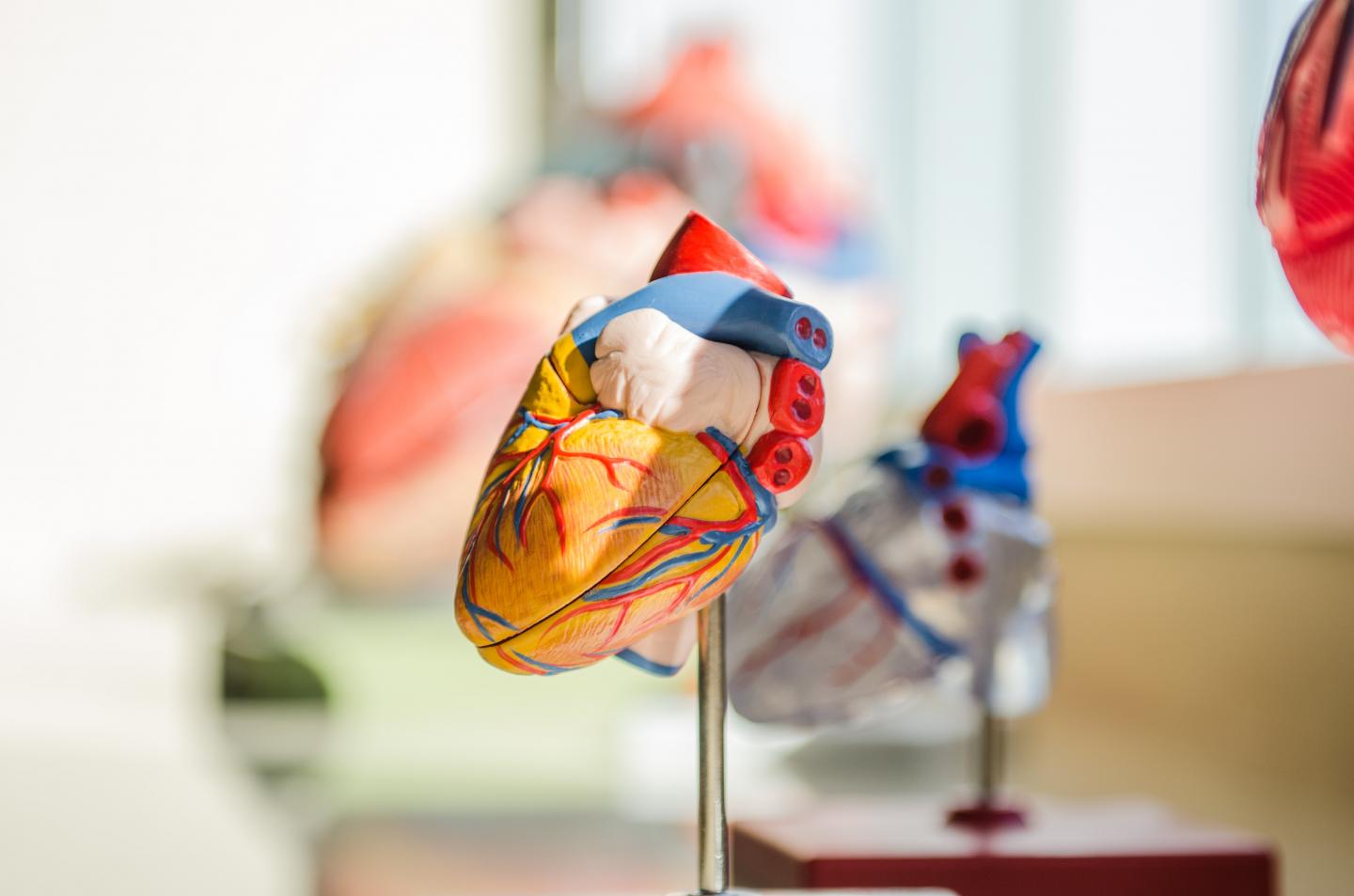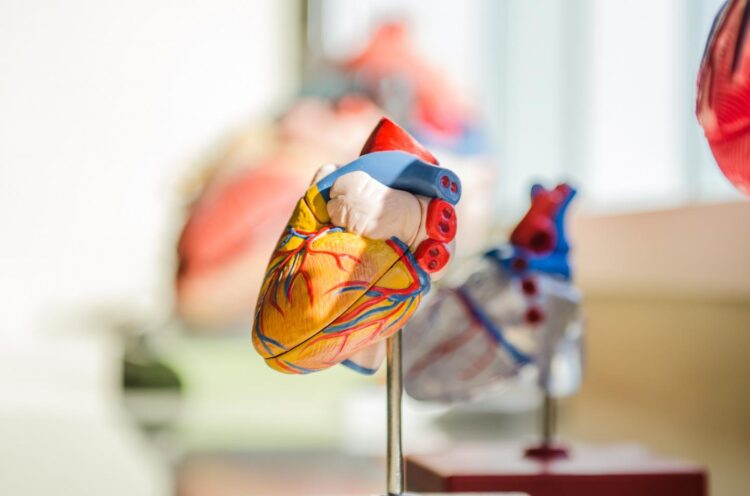
Credit: jesse orrico
Aspirin should be favoured over warfarin to prevent blood clotting in children who undergo a surgery that replumbs their hearts, according to a new study.
The research, led by the Murdoch Children’s Research Institute (MCRI) and published in The Journal of Thoracic and Cardiovascular Surgery, will have implications for clinicians when prescribing blood thinning medications after Fontan surgery, a complex congenital heart disease operation redirecting blood flow from the lower body to the lungs.
The Fontan procedure is offered to children born with severe heart defects, allowing the child to live with just one pumping heart chamber instead of two.
MCRI Dr Chantal Attard said although the operation couldn’t completely ‘fix’ the heart, most were able to live well into adulthood and have relatively normal lives. But she said those who have the procedure were at an increased risk for blood clots.
“Blood clots are dangerous because they can cause the heart to fail or lead to a stroke. For this reason, all patients are given blood thinning medications, with warfarin and aspirin the most common,” she said.
“Warfarin can be affected by food, other medications and illness, so patients must have regular blood tests to check their warfarin levels are safe.”
The study involved 121 patients enrolled in the Australian and New-Zealand Fontan (ANZ) Registry. It found stroke was common regardless of which medication the patient took. But patients on warfarin had poorer bone mineral density and were at a higher risk of bleeding.
Dr Attard said the research showed for patients who undergo Fontan surgery, and do not have additional blood clotting risk factors, aspirin should be offered over warfarin.
She said given the need for regular INR monitoring of warfarin, a shift to aspirin would also have a cost benefit to the patient and the healthcare system.
About 70,000 post Fontan patients are alive today, with this number expected to double within two decades.
Carley Clendenning’s son Lachie, 7, had the Fontan procedure two years ago after being born with one heart ventricle.
She said the aspirin findings were a relief as the medication was much easier to manage and would benefit other families whose children required the procedure in future.
“Lachie has been taking warfarin ever since his surgery and there are things you have to keep on top of with this medication,” she said.
“We have to monitor his blood clotting levels with regular finger prick blood tests at home and watch out for injuries because there is a greater chance of bleeding and bruises.
“In what is already a difficult time for families, this new recommendation will make things a little easier.”
###
Researchers from the University of Melbourne, The Royal Children’s Hospital, The Children’s Hospital at Westmead, The University of Sydney, Florey Institute of Neuroscience and Mental Health, Western Health, Monash Children’s Hospital, Starship Children’s Hospital in Auckland, The Royal Melbourne Hospital and the Royal Prince Alfred Hospital also contributed to the study.
Publication: Chantal Attard, Paul T Monagle, Yves d’Udekem, Mark T. Mackay, Julie Briody, Rachael Cordinam, Ebrahim Bani Hassang, Peter Simma, Kathryn Rice, Vera Ignjatovic and the ANZ Fontan Registry Research group. ‘Long-term outcomes of warfarin versus aspirin following Fontan surgery,’ The Journal of Thoracic and Cardiovascular Surgery. DOI: 10.1016/j.jtcvs.2020.12.102
*The content of this communication is the sole responsibility of MCRI and does not reflect the views of the NHMRC.
Available for interview:
Dr Chantal Attard
Carley Clendenning’s whose son had the Fontan procedure
Media Contact
Bridie Byrne
[email protected]
Original Source
https:/
Related Journal Article
http://dx.





